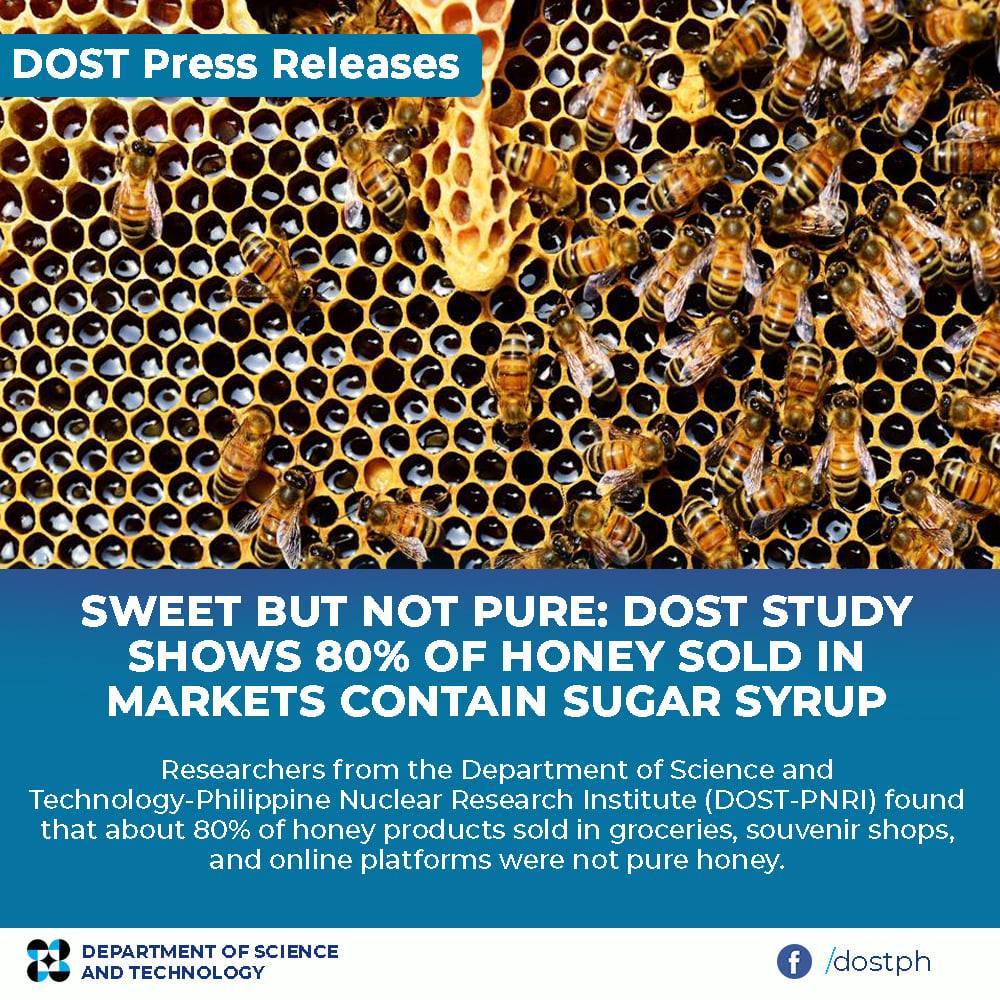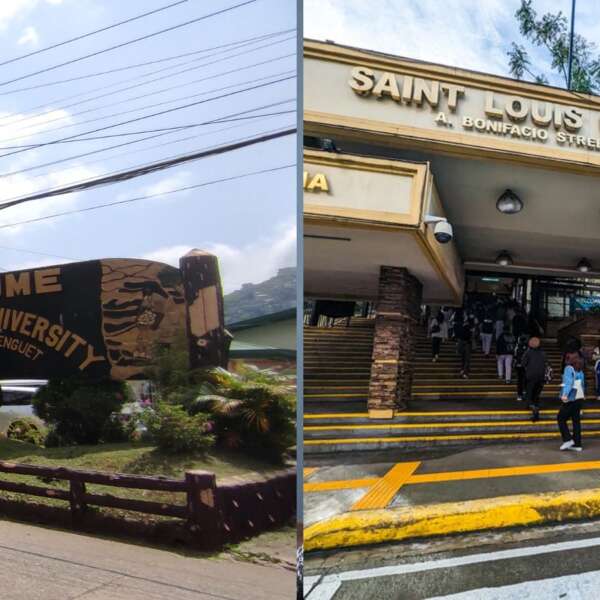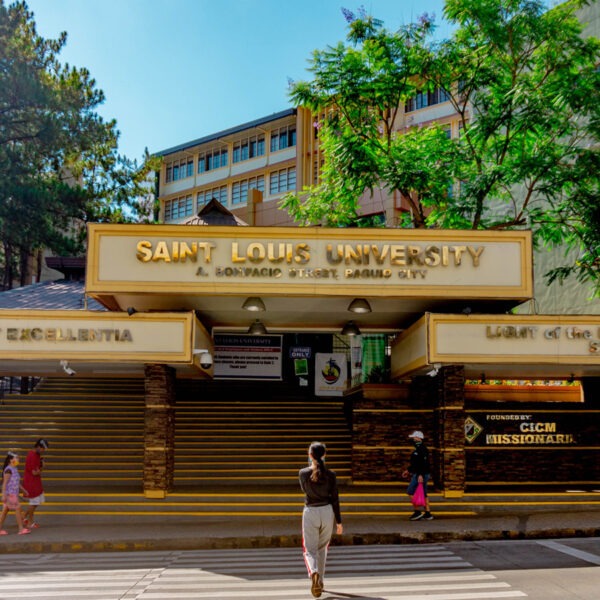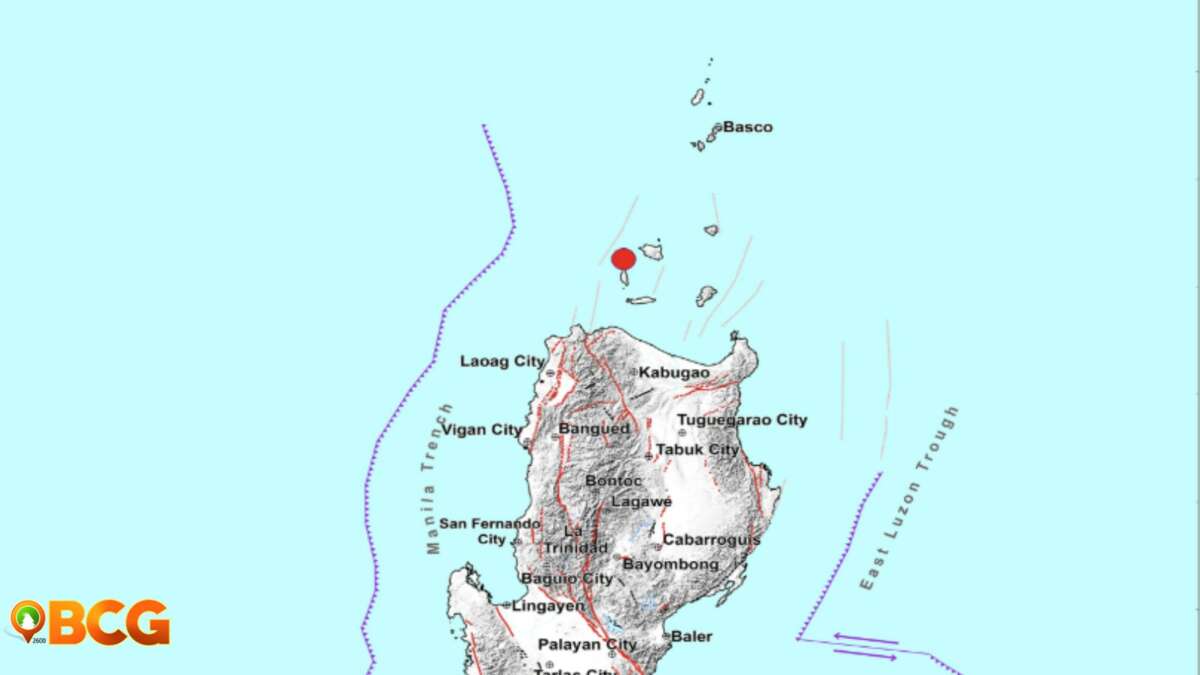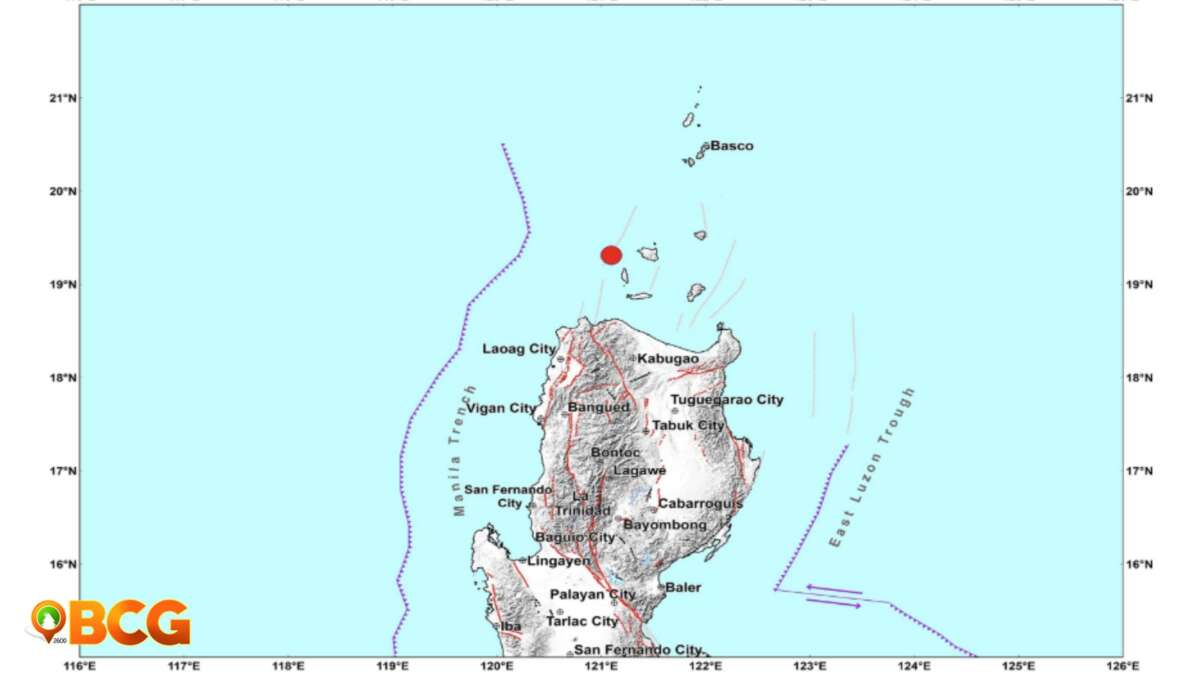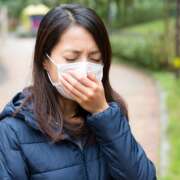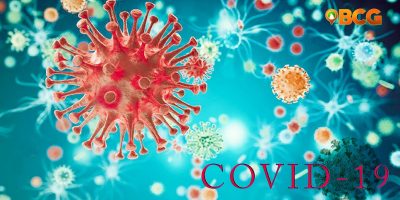About 80% of Honey Sold in Markets Contain Sugar Syrup, Says DOST
Do you usually buy honey? Then you have to see this.
Honey has become a subject of fraudulent production. Revealed to the public just last Friday, December 11, 2020; the researchers from the Department of Science and Technology-Philippine Nuclear Research Institute (DOST-PNRI) have found out that majority of honey products sold in the market were not pure honey.
“The problem is that people are being tricked. You may be buying honey for its wonderful health benefits, but because of adulteration, you may actually just be buying pure sugar syrup. Consuming too much pure sugar syrup can lead to harmful health effects.”
– DOST-PNRI Dr. Angel T. Bautista VII
According to the DOST-PNRI about 80% of honey products sold in groceries, souvenir shops, and online platforms were not pure honey.
Source: DOST Philippines| Facebook
Fake or Impure Honey
Moreover, DOST-PNRI Dr. Angel T. Bautista VII said in a statement, “62 out of the 76 (82%) of honey brands that were found to be adulterated were composed of 95% C4 sugar syrup. So, they are not actually adulterated but they are just completely purely sugar syrup.”
Here’s the extent of impure honey that proliferated in the Philippine market as further explained by Dr. Bautista:
- 12 out of 16 or 75% of local honey brands sold either in groceries or souvenir shops are not entirely honey
- 64 out of 74 or 87% of local honey products sold online are impure
- None of 41 imported honey products marketed in local stores were found to be adulterated
“The carbon-13 signature is like a fingerprint of honey and common adulterants like sugarcane and corn are completely different from each other. Therefore, we can differentiate one from the other. This unique isotopic signature is what we are using to tell if honey is authentic or fake,” stated Dr. Bautista.
It was revealed that for some manufacturers to be able to increase the volume of their products and reduce their production costs, they practice making honey products that contain syrups made from sugar cane and corn. Fake honey can be sold as low as one-third of the original price of the authentic honey, thus it can seriously damage the local industry.
Dr. Bautista and his team have already forwarded their findings to the Department of Agriculture (DA) and the Food and Drug Administration (FDA) and also call for stricter policies, regulation, and control measures to protect the honey industry and buyers.
For More News and Updates
Looking for more news and updates like this one? Feel free to explore our BCG website and our official Facebook page. You may also check out our official BCG YouTube channel to catch a variety of video content.
Source: Department of Science and Technology (DOST), DOST Philippines| Facebook


